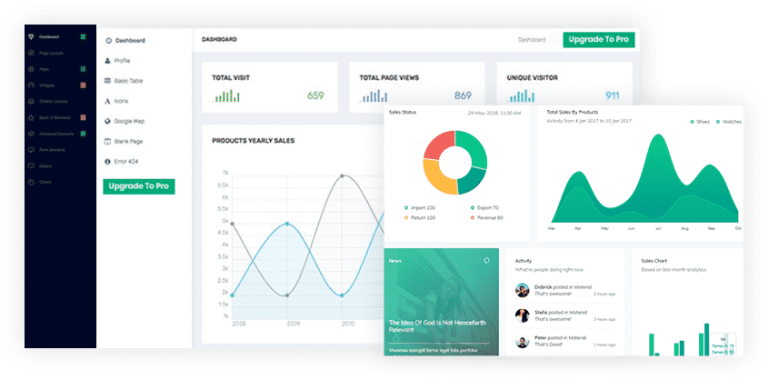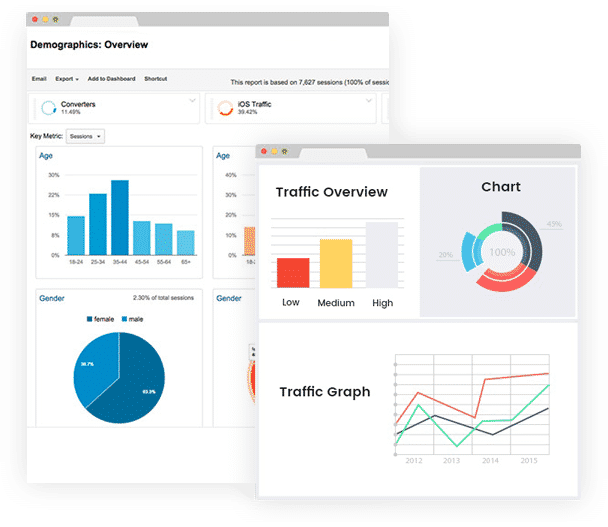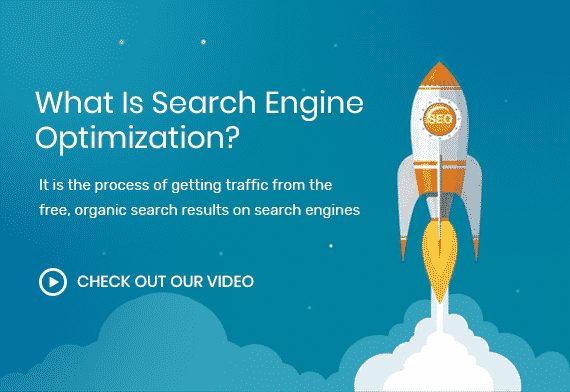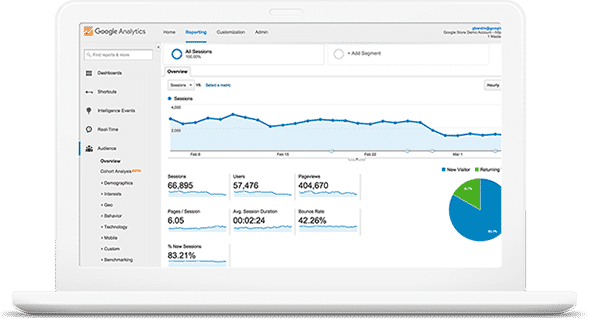
Keyword Research is one of the most important steps you can take to ensure your SEO endeavors are successful and appropriately tracked. Targeting low hanging fruit (long tailed keywords, keywords with high traffic volume but low competition density and keyword difficulty, etc) is the best approach for starter sites, while targeting higher volume, more competitive, keywords is the best approach for established sites. The goal is to start ranking for relevant keywords, to create a keyword ranking snowball effect. The cliché saying is ``a rising tide lifts all boats`` and this holds true in sitewide keyword rankings.
5142 N Academy Blvd #1061, Colorado Springs, CO 80918, United States
Proper link building techniques may be the most questioned area regarding SEO strategies. How many links should I obtain per month? Which sites should I link to? Is purchasing backlinks considered ``black hat``? Is having no follow tags placed on sponsored links considered ``white hat``? The truth is, it's a combination of a few backlinking techniques that work. Guest blog posts may be one of our favorite methods for obtaining backlinks, but they come at a hefty price most time. Are you a little nervous about backlinking? Talk to one of our SEO experts that have the answers.
After target keyword research and keyword optimization on-site, the fun begins. Data will start pouring into Google Analytics, which you can then analyze for further SEO improvements. The average bounce rate/time on page, audience insights, behavioral flow, conversion rate referrals, device usage, etc all require appropriate analyzation to ensure the success of your SEO strategy. What good is your SEO strategy if you have no idea where users are coming from, and how they're engaging with your site? Let us put your mind to rest and have our specialists analyze the data for you.
Don't produce content for the sake of producing content. If the information isn't interesting, intriguing, informative, educational, funny, helpful or useful, don't publish it. Producing low quality content may be more hurtful than helpful given Google's recent approach to site rankings revolving around user experience (fast loading sites, low bounce rates, user stays on page or clicks further into site). Producing garbage content will only drive users away, which will drop your page rank leading to an overall lower AS/DA (authority score/domain authority) in Google's view.




The best practices for Amplified Advertising include defining clear goals, targeting the right audience, creating compelling and relevant ad content, regularly analyzing and optimizing campaigns, and testing different ad formats and targeting options.
Amplified Advertising works by using targeted audience segments, keywords, and ad placements to reach specific users. The ad is then promoted using paid methods to reach a larger audience and increase its visibility.
Amplified Advertising is a form of digital marketing that involves boosting or amplifying the reach and visibility of an advertisement, typically through paid channels like social media platforms, search engines, and display networks.